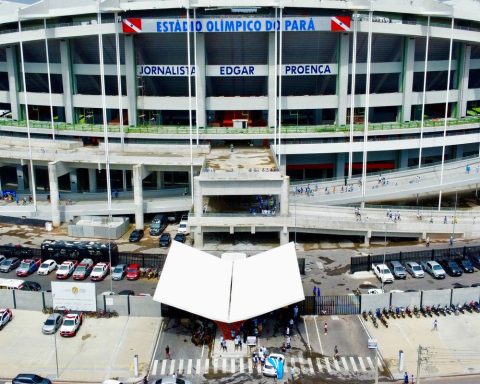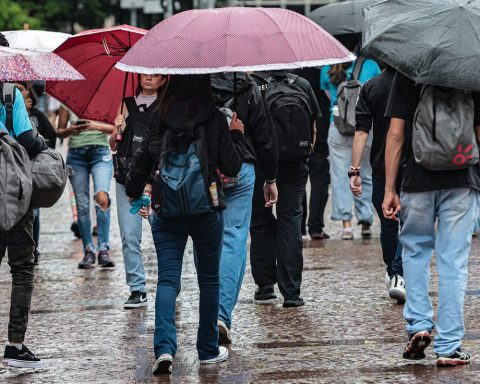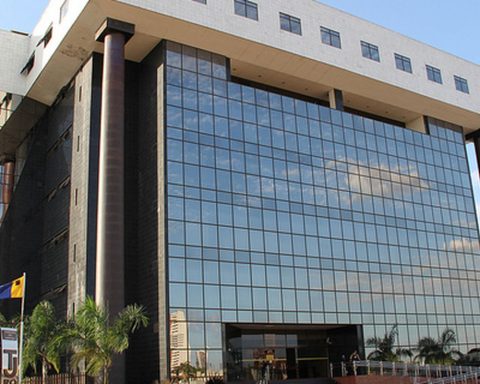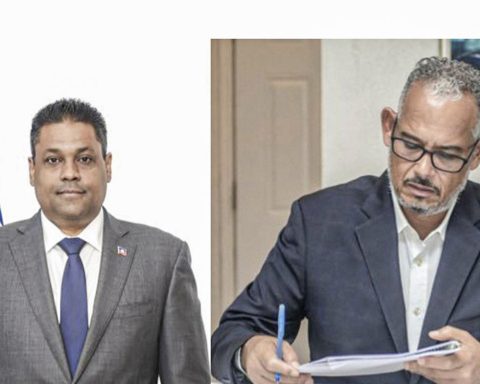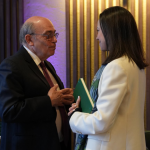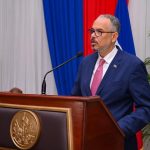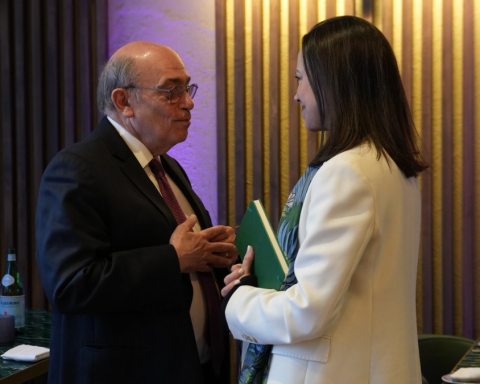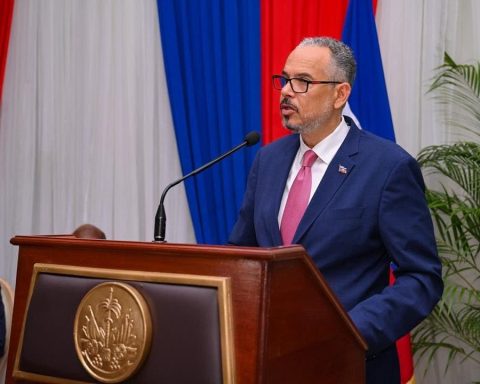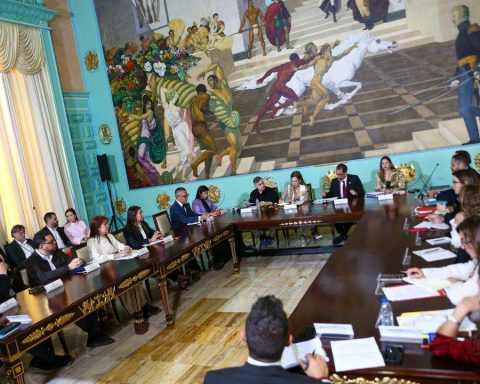The Articulation of Indigenous Peoples of Brazil (Apib) sued the Federal Supreme Court (STF), through a Direct Action of Unconstitutionality (ADI 7778), to challenge a recent state law in Pará that changed aspects relating to the careers of teachers in the network state education. Apib’s assessment is that the incorporation of the online model in certain regions may cause indigenous students to stop continuing their studies.
The ADI was forwarded to Minister Cármen Lúcia. As the Court clarifies in a note, what the entity defending indigenous peoples denounces is that there is a rupture with the education policy that previously guaranteed access in places where there is no regular education and also the presence of educators in indigenous and traditional communities. .
“The association states that, with this revocation, the so-called Modular Indigenous Education System disappeared from state legislation, causing a scenario of legal uncertainty. The preliminary request is for interpretations of the law that do not include indigenous education and its specificities to be ruled out” , adds the STF in the note.
THE Brazil Agency He contacted the State Department of Education, but until the closing of this matter, the body did not respond.
Protests
On Monday (20), the Federal Public Ministry (MPF) appealed to the Federal Court to extinguish the legal process in which the government of Pará requests the repossession of the Education Secretariat (Seduc) building, in Belém The place has been occupied since the 14th by public school teachers, who are mobilizing against legislation that harms their careers and working conditions, and by indigenous people, who, due to a recent deliberation, would no longer be able to attend face-to-face classes.
The MPF also demanded a position from the Ministry of Education (MEC) on the complaints made by indigenous leaders.
According to the Union of Public Education Workers of the State of Pará (Sintepp), more than 100 indigenous leaders have occupied the Seduc headquarters since the beginning of the mobilization.
A teachers’ meeting held on January 16 approved an indefinite strike starting this Thursday (23).
Teachers’ claims
Among educators, there is concern about definitions such as the annulment of automatic progression, a mechanism that guarantees regular salary increases, and the end of the special class, which is that of secondary level teachers. Another issue that motivated the articulation of workers is the withdrawal of Sintepp representatives from the Permanent Evaluation Committee, which would end up giving the holder of the Education portfolio, Rossieli Soares, more decision-making power.
Sintepp met, on the 6th, with representatives of the Pará government, who justified the approval of the law as a way of unifying legislation that addresses the advantages of aspects of the teaching career.
“The episode of brutality suffered by our category in approving the law and the government’s complete lack of dialogue with us demonstrated enormous disregard for the necessary democratic debate, as well as ignoring the contributions made to the debates by our entity”, wrote, in a report, Sintepp , which also talks about budget cuts and dismantling.
We also asked the Department of Education for its position on these criticisms, but we have not yet received any feedback.

